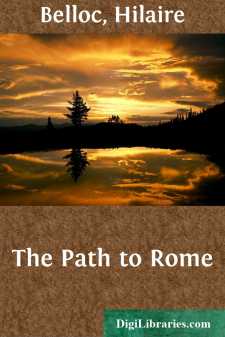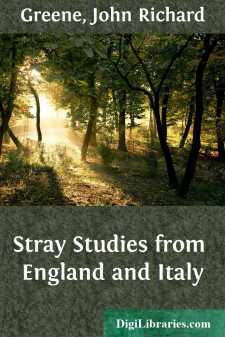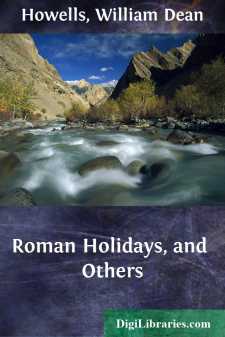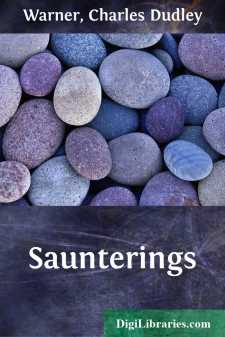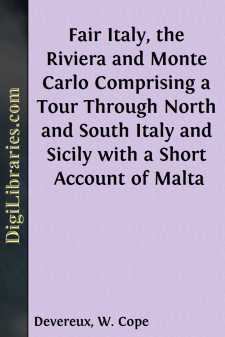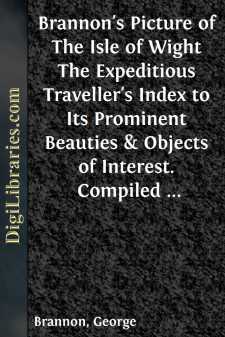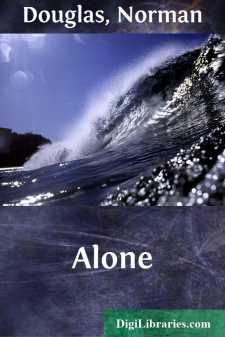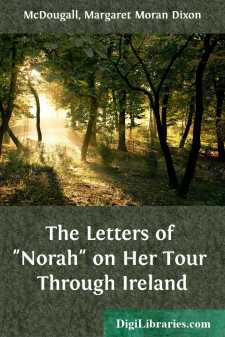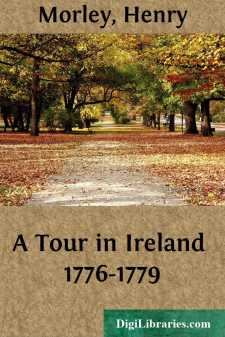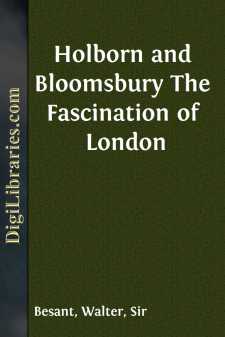Travel
- Africa 29
- Alaska 3
- Asia 46
- Australia & Oceania 26
- Canada 31
- Caribbean & West Indies 5
- Central America 1
- Europe
- General 39
- Maps & Road Atlases 1
- Mexico 10
- Middle East 18
- Polar Regions 7
- Reference 11
- Restaurants 1
- Russia 6
- South America 16
- United States 71
Europe Books
Sort by:
by:
Hilaire Belloc
PRAISE OF THIS BOOK To every honest reader that may purchase, hire, or receive this book, and to the reviewers also (to whom it is of triple profit), greeting--and whatever else can be had for nothing. If you should ask how this book came to be written, it was in this way. One day as I was wandering over the world I came upon the valley where I was born, and stopping there a moment to speak with them...
more...
A BROTHER OF THE POOR. There are few stiller things than the stillness of a summer's noon such as this, a summer's noon in a broken woodland, with the deer asleep in the bracken, and the twitter of birds silent in the coppice, and hardly a leaf astir in the huge beeches that fling their cool shade over the grass. Afar off a gilded vane flares out above the grey Jacobean gables of Knoll, the...
more...
I. UP AND DOWN MADEIRA. No drop-curtain, at any theatre I have seen, was ever so richly imagined, with misty tops and shadowy clefts and frowning cliffs and gloomy valleys and long, plunging cataracts, as the actual landscape of Madeira, when we drew nearer and nearer to it, at the close of a tearful afternoon of mid-January. The scenery of drop-curtains is often very boldly beautiful, but here Nature,...
more...
MISAPPREHENSIONS CORRECTED I should not like to ask an indulgent and idle public to saunter about with me under a misapprehension. It would be more agreeable to invite it to go nowhere than somewhere; for almost every one has been somewhere, and has written about it. The only compromise I can suggest is, that we shall go somewhere, and not learn anything about it. The instinct of the public against any...
more...
by:
W. Cope Devereux
Fair Italy, the land of song and cradle of the Arts, has been so often written about, and so well described both in prose and in verse, that I feel there is a presumption in my attempting to say anything fresh of that classic land, its art treasures, and its glorious past. But within the last few years a new Italy has sprung into existence—the dream of Cavour has been realized; and, contrary to all...
more...
by:
George Brannon
EXPLANATION. If nearly Forty Years' Residence in the Isle of Wight may be allowed in some degree to qualify an Artist for the office of Guide, the Author has a fair claim to public patronage,—for few could have had better opportunity of acquiring local information. He has endeavoured to render The Picture an intelligent Cicerone, without being too garrulous or grandiloquous,—but always...
more...
by:
Norman Douglas
Introduction What ages ago it seems, that "Great War"! And what enthusiasts we were! What visionaries, to imagine that in such an hour of emergency a man might discover himself to be fitted for some work of national utility without that preliminary wire-pulling which was essential in humdrum times of peace! How we lingered in long queues, and stamped up and down, and sat about crowded, stuffy...
more...
OFF—EXPERIENCES IN A PULLMAN CAR—HOARDING THE "ONTARIO"—THE CAPTAIN— THE SEA AND SEA-SICKNESS—IMAGININGS IN THE STORM—LANDING AT BIRKENHEAD. On January 27th I bade good-bye to my friends and set my face resolutely towards the land whither I had desired to return. Knowing that sickness and unrest were before me, I formed an almost cast-iron resolution, as Samantha would say, to have...
more...
by:
Henry Morley
INTRODUCTION. Arthur Young was born in 1741, the son of a clergyman, at Bradfield, in Suffolk. He was apprenticed to a merchant at Lynn, but his activity of mind caused him to be busy over many questions of the day. He wrote when he was seventeen a pamphlet on American politics, for which a publisher paid him with ten pounds’ worth of books. He started a periodical, which ran to six numbers. ...
more...
by:
Walter Besant
PREFATORY NOTE A survey of London, a record of the greatest of all cities, that should preserve her history, her historical and literary associations, her mighty buildings, past and present, a book that should comprise all that Londoners love, all that they ought to know of their heritage from the past—this was the work on which Sir Walter Besant was engaged when he died. As he himself said of it:...
more...


